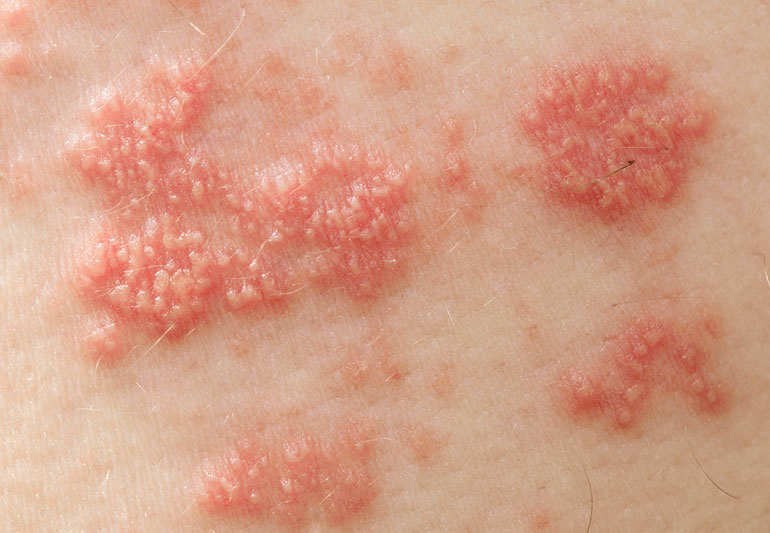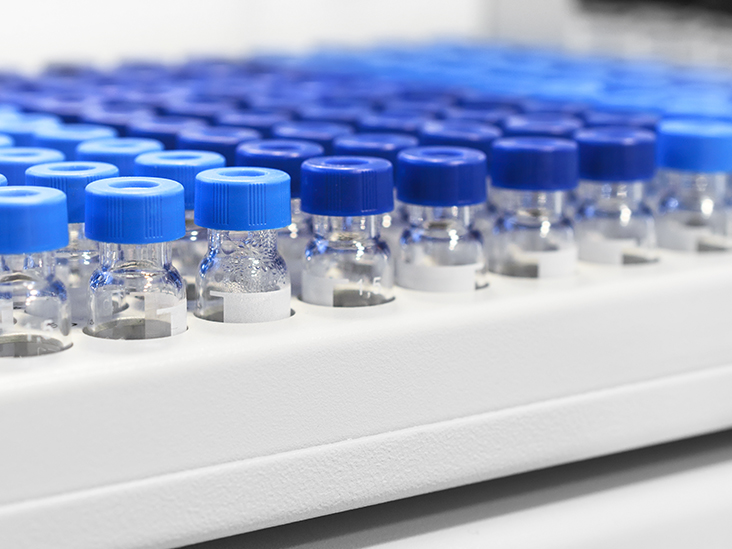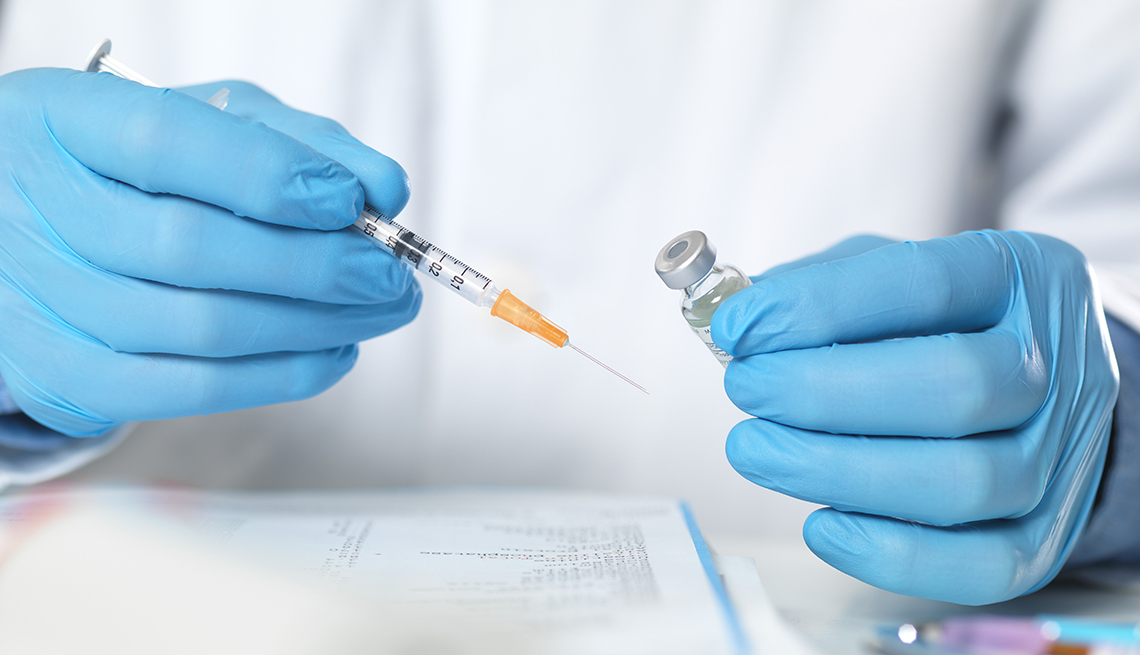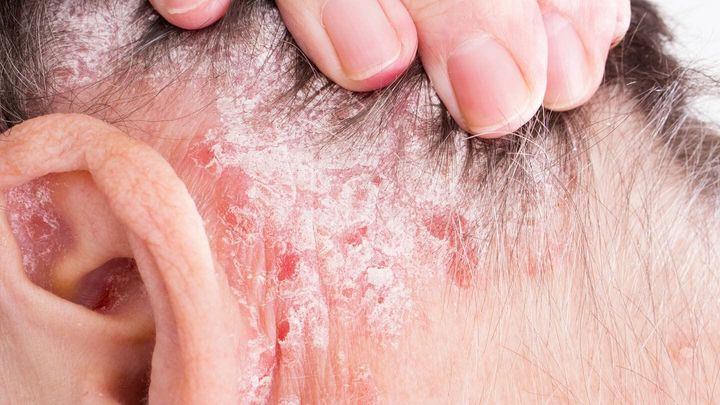Understanding shingles
Nearly everyone gets chickenpox (or is vaccinated against it) in childhood. Just because you got those itchy, blistering rashes as a kid doesn’t mean you’re home free, though! Shingles, also known as herpes zoster, is caused by the same strain of the virus as chickenpox. It can remain dormant in your nerve cells until you get older. The virus can lead to damage that can cause significant pain and the telltale shingles rash.
Almost one-third of Americans will experience a shingles outbreak at some point in their lives. Though most doctors are quick to point out the existence and efficacy of the shingles vaccine, it’s good to know what options are available to ease symptoms. Some nutritionists and osteopaths recommend essential oils for shingles. But do they work?
A doctor’s perspective
“Although there are some reports that certain essential oils may have an antiviral effect, there is no data to support the use of topical oils as a first-line option for the treatment of shingles,” says Dr. Nicole Van Groningen, a clinical fellow at the UCSF School of Medicine in San Francisco.
While the oils shouldn’t be used as primary treatment, Dr. Van Groningen doesn’t discount them entirely: “There are reports in the medical literature that support the use of peppermint oil and geranium oil to treat pain associated with shingles. One patient, who had not had any relief with traditional medications, tried peppermint oil and reportedly had an immediate effect. Capsaicin, a naturally occurring component of chili peppers, is great at alleviating pain associated with a variety of conditions, including shingles. That being said, patients should know that there are many other evidence-based medications that can help reduce major nerve-related pain.”
Using essential oils to treat shingles
Dr. Van Groningen recommends capsaicin, peppermint oil, or geranium oil as complements to the medications prescribed by your doctor. There are many brands of over-the-counter capsaicin lotions, patches, and ointments. You can also buy essential oils at your local health food stores.
Birgitta Lauren, a holistic health expert based in California, recommends mixing about 10 drops each of thyme, geranium, and lemon essential oils into about a tablespoon of high-quality coconut oil. Then apply the mixture to your blisters.
Stress may trigger shingles, she says, so even just taking time for self-care can provide benefits. Rubbing the mixture on areas that hurt can temporarily ease pain. Plus, the moisturizing effects of the coconut oil can help prevent itching and cracking. Work this essential oil mixture into your skin daily, and you may be able to keep the pain at bay.
Risks of using essential oils to treat shingles
Not all essential oils are safe for every person, though. Some people report a burning sensation where they apply capsaicin, and allergic reactions to different plants are common. Check with your doctor first to make sure you’re a good candidate for this supplemental treatment.
Symptoms of shingles
Shingles typically surfaces as a skin rash on one side of the body. Many people with shingles report that they see the rash on their trunk. The most enduring complication of the virus is pain that can develop as a result of damage to the nerve cells where herpes zoster lies dormant. In some cases, the pain comes before the rash. In other cases, it outlives the rash by years. This pain, also called postherpetic neuralgia, can have a negative effect on your quality of life.
Causes of shingles
Shingles is a virus, so it has a very straightforward cause: You’re carrying the virus in your system. Even if you aren’t carrying it, you’re still at risk. That’s because exposure to someone with shingles can leave you with an adult case of chickenpox.
Risk factors for shingles
If you already have the herpes zoster virus in your nerve cells, the biggest risk factor for shingles is aging. As we age, our immunity wanes and the virus has increasing opportunities to spread. An outbreak can be triggered by stress, cancer treatments, and certain medications. People with HIV or AIDS are also at a heightened risk of developing shingles.
Diagnosis and treatment
Like any virus, shingles will run its course. Your immune system has built-in defenses against viruses like shingles. So if you’re healthy, your body will likely resolve this issue on its own.
There are several antiviral medications that accelerate the healing process. They can help you manage and decrease the risk of pain. Dr. Van Groningen recommends that you make an appointment with your doctor as soon as you have pain or the first sign of a rash. “These medications need to be prescribed by a physician or other healthcare provider within 72 hours of the onset of symptoms in order to have a maximal effect,” she says.
Prevention
Dr. Van Groningen says the best offense against shingles is a good defense: “Patients should know that there is an FDA-approved vaccine that can prevent shingles, now available for all people over 50 years old. The best way to avoid any of these problems is to never get them in the first place. As a primary care doctor, I can’t not make a plug for vaccination!”
If you fit the profile of someone likely to get shingles, take precaution and get the vaccine as soon as you can. Some people may not be a good fit, however, so talk to your doctor.
The bottom line
The best thing you can do to prevent shingles is to get vaccinated. But if you already have shingles, your doctor can prescribe antiviral medications. These can help ease some of the symptoms and prevent them from worsening. If you’re already having an outbreak, a diluted essential oil such as peppermint or geranium could provide some relief, as well.





